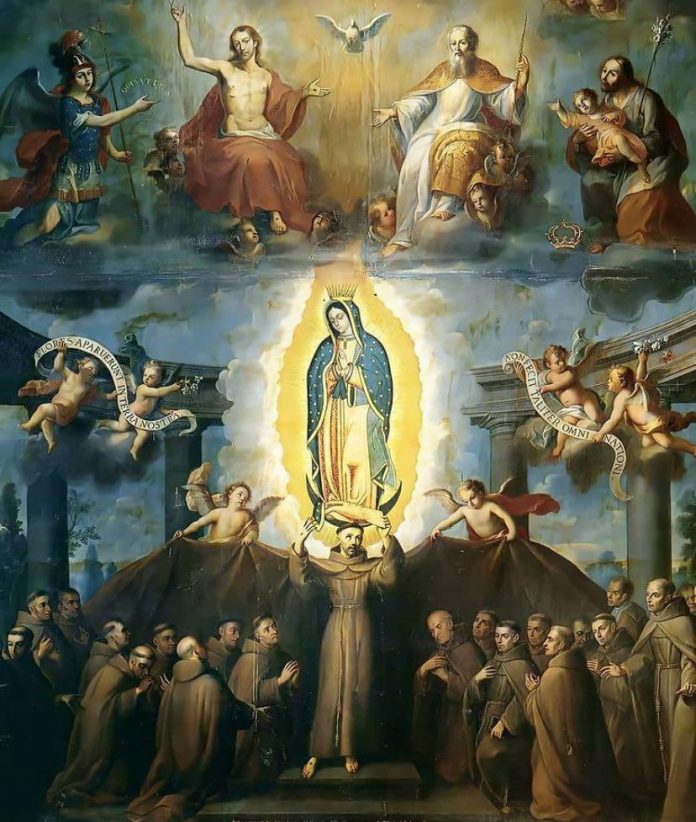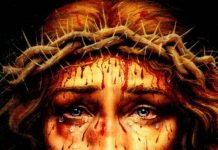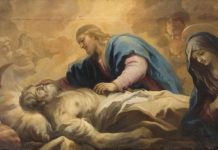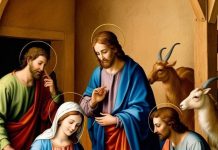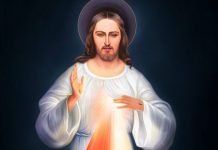We are into the seventh session of our pilgrimage through the Book of Revelation.Today we will discuss the message to the church in Philadelphia. Biblical Philadelphia was part of the Lydian kingdom. It was located around 28 miles southeast of Sardis in Modern Turkey. Nevertheless, the message is relevant to churches in all places across the globe. As we know, the Word of God has a personal application for the reader as well as a universal application for the whole church. In the same way its appeal transcends ages as well. What was relevant for the first century is relevant even today.
As usual, Jesus starts by introducing himself in a unique way. He is the ‘holy one, the true one, who has the key of David, who opens and no one will shut, who shuts and no one opens’ (Rev.3:7). Absolute power and authority is with him only. If he decides to do something it will be done and nobody can ever prevent it. This is the assurance Jesus wants to give the church in Philadelphia. Then Jesus goes a step further and states that an open door is being set before the church in Philadelphia, so that their good works are continued unhindered. They need not bother about any obstacles in the way of their good works, because it is God himself who has set their ways safe. We would have been happy, had God kept our doors also open in these volatile times. If He did it for the church in Philadelphia, He can do it for us too; but before that we should know how the church in Philadelphia became entitled to this rare privilege.
‘I know that you have little power, and yet you have kept my word and have not denied my name’. This is what pleased God. They were a small church with little power. But they zealously kept God’s word. More importantly, they never denied the name of Jesus. We are living in a time when the dividing line between the Church and secular world is getting blurred every passing day. Moral relativism has conquered the hearts of many believers. They have no qualm in denying the name of Jesus in public life. They are afraid to openly proclaim that Jesus is the only Saviour. They have no problem in exchanging the eternal truths with the vanities of this world. They do all these in the guise of adapting the Church to the modern world. Do you think that Jesus will place an open door before such people?
There are many around us who claim to be Christian, but not. In those days too, there were persons who claimed to be Jews, but not. Jesus promises that he will make such people, whom he called as belonging to the synagogue of Satan, come and bow down before the true church, the small church with little power. This is the reward for their endurance. But this is not the only reward. Bigger things are promised. Jesus gives them a great assurance; ‘I will keep you from the hour of trial that is coming on the whole world to test the inhabitants of the earth’ (Rev 3:10). We know that difficult times are awaiting us and we should be prepared to face trials and tribulations. Those who are steadfast in faith and acknowledge the name of Jesus Christ as Saviour, will pass the hour of trial under the shadow of God’s protection.
While encouraging the church in Philadelphia to complete their race with endurance Jesus tells them something important, that there is a chance of somebody seizing their crown. Jesus wanted them to claim the crown, but if somebody performs better, justice demands that the crown should go to them. This is a message not for the dead church, not for the lukewarm or loveless church. This is what Jesus wanted to tell the perfect church about which he had nothing negative to say. It is easier to reach the top than retaining the position for the rest of the race. It needs perseverance, endurance and of course, grace.
And what is the final reward awaiting the perfect church, if they remain steadfast till the very end and conquer the enemies? ‘If you conquer, I will make you a pillar in the temple of my God; you will never go out of it, I will write on you the name of my God, and the name of the city of my God, the new Jerusalem that comes down from my God out of heaven, and my own new name’ (Rev 3:12). Roof could change, but the pillar is a permanent structure. We are to be the pillars of God’s temple. As Paul says, the foundation – Jesus Christ – is already established. It will never shake. If the foundation is stable, the pillars built on it should also be stable. Jesus invites us to be his co-workers in building his church.
But the greatest promise is that those coming out victorious will be marked with the name of the true God, the name of the new city of God, the Heavenly Jerusalem and the new name of Jesus himself. We are to be identified with heavenly and divine marks. We are to be called with a new name, and to be assigned a new address! Elsewhere in the Book of Revelation we read about an angel ascending with the mandate to mark the servants of God with a seal on their foreheads. This is done to protect them from the great destruction that is destined to befall the earth and sea. It is worth remembering here that one of the promises Jesus gave the church in Philadelphia was of his protection during the hour of trial that the whole earth has to undergo.
Let us imitate Philadelphia in love and good works. Interestingly, Philadelphia reminds us of the good works of a loving brother. This city was established in 189 BC by King Eumenes II of Pergamum. He named the city for the love of his brother, Attalus II who would be his successor, and whose loyalty earned him the nickname, “Philadelphos”, literally meaning “one who loves his brother”.
Let us keep the words of the Lord, and proudly acknowledge His name. It needs faith, hope and love in abundant measures. ‘And the greatest of these is love’ (1 Cori13:13) of which Philadelphia reminds us.


